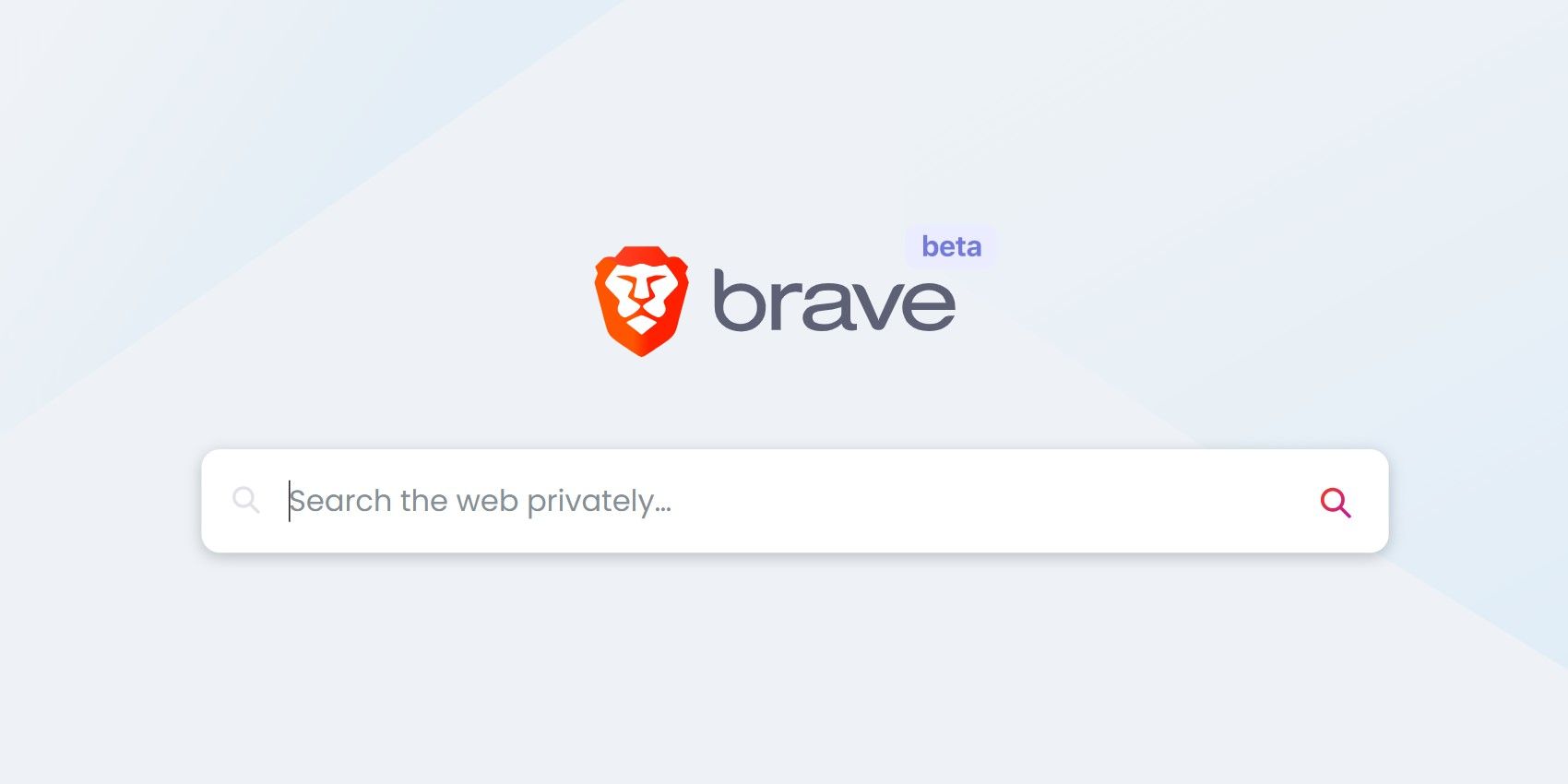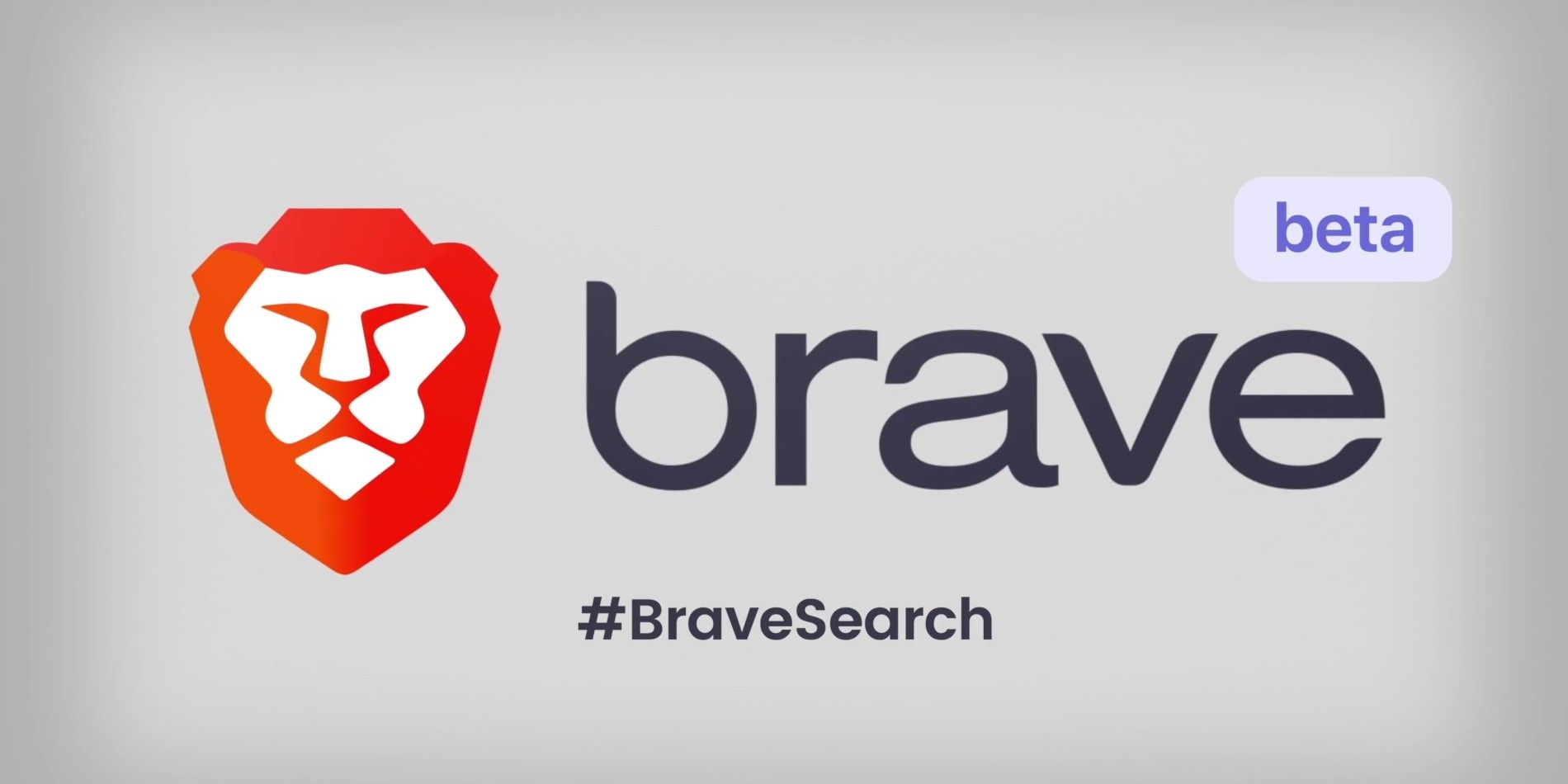
The team behind the privacy-focused Brave browser have finally launched their own search engine, called Brave Search, to the public. The new product, which is based on the Tailcat open search platform that was acquired earlier this year, completes Brave's goal of providing a comprehensive web search solution with its own browser and search engine. Back in March, the company promised that Tailcat's core premise of not collecting IP addresses or using personally identifiable user data will be at the heart of Brave Search.
With the addition of a search engine to its portfolio, the company is putting forward its best bet of offering a full package to users worried about their online privacy. At the moment, DuckDuckGo is the only other name that has a significant user base as a privacy-focused alternative to Google Search, but the market share of Google is disproportionately high at roughly 92-percent right now. Brave, on the other hand, has a better chance at challenging Google's dominance with a bundle package that is all about protecting privacy, toning down ads, a community-first approach, and transparency.
The company claims that Brave Search is the real alternative to Google Search and that it won’t log user activity, what they search, or the links they click. Brave is taking a community-supported approach to improving its search results, and is also taking a novel approach to showing ads. Currently available as a beta in the Brave browser for both mobile and desktop platforms, it will become the default option later this year. However, Brave Search will also be accessible via other browsers by visiting the search.brave.com page.

To start, Brave has created an independent search index, while a host of other browsers simply repackage the index of other big names like Google. Of course, Brave’s search index is much smaller than Google’s, but the goal is to create an independent platform that is free from any influence and offers users a real choice. For comparison, DuckDuckGo doesn’t have its own search index. Brave Search claims to offer a private and anonymous search experience, as it doesn’t collect any user data such as click or search history in the first place. With no data, the possibility of selling it to advertisers or falling into the wrong hands is also tackled.
However, becoming a reliable search engine with an adequate amount of entries is no easy task, which is why the company will mix results from Google Search as well. Moreover, some images will be pulled from Bing Search to better serve users, without compromising the privacy aspect. In order to maintain transparency, Brave will show the percentage of results sourced from third parties via a “Results Independence” metric. Brave Search also looks to avoid algorithmic bias by implementing a community-supported approach to improve search results and create a ranking model.
Another area where Brave Search ranks above Google Search is its no-ads policy, but this is a temporary move. Down the road, Brave will let users choose between a paid search experience without any ads, and a free version with ads. The ads that will be shown to users will reward them with a Basic Attention Token (BAT) that can either be redeemed or used as a tip for content creators or publishers. Brave is also touting the seamlessness offered by its eponymous search engine and browser as another reason for ditching Google. For example, Brave Browser offers a built-in ad-blocker, anti-fingerprinting features, and the ability to connect to the Tor network for an even more private search experience. However, Brave says that its search engine will maintain an open profile, which means it will appear as a search engine option in other browsers such as Edge or Mozilla, while simultaneously allowing other search engines in its own web browser.
Source: Brave
from ScreenRant - Feed https://ift.tt/2UxItVO


0 Comments